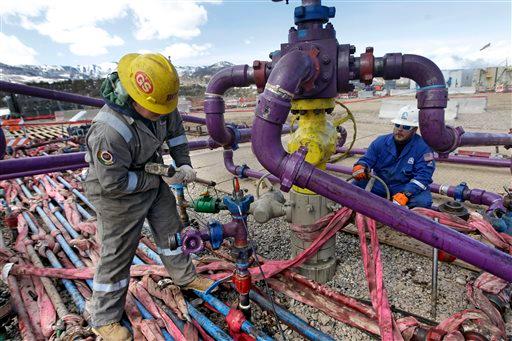Cattle station landholder Rallen Australia has taken leading natural gas supplier Santos to court for allegedly misleading stakeholders about the extent of their fracking operation in the Beetaloo Basin, situated between Tenant Creek and Katherine.
While the agreement stipulated that Santos had permission to drill nine wells on the Tanumbirini Station near Daly Waters, the gas supplier filed a revision to its environmental management plan (EMP) to accommodate two additional wells.
Rallen senior counsel Marcus Pesman told the court that Santos had an obligation to inform stakeholders of the revised plan.
“One (email) sentence was the sum total of the stakeholder’s engagement that Santos engaged in after they were told of substantial new risks,” he said.
In response, Santos representative Jonathan Horton QC stated that while he accepted, there was inattentiveness to the revised EMP, the matter was “squarely on the consumer law plane” rather than a regulatory breach, which would result in a more severe penalty.
According to Santos, the landowners should have had a reasonable assumption that a revised plan would be required.
However, Justice Judith Kelly replied that in Rallen’s submissions, they said they have a “reasonable expectation that Santos will comply with the law.”
“How were they supposed to know you were going to engage in activities that required (an EMP) if you don’t tell them?” she asked.
In response, Horton said there had been extensive consultation with the previous land managers, one of whom was a station manager who went on to work for Rallen after they purchased the property.
Fracking, short for hydraulic fracturing, is a drilling method for extracting natural gas or oil from underground shale rock formations by injecting liquid at high pressure. Drilling into the rock layer can be conducted vertically or horizontally, the latter enabling the creation of new pathways or extension existing channels.
Supporters argue that the rapid growth in oil and gas production using fracking has regenerated the energy sector and offers a sustainable pathway for the industry.
However, Protect Country Alliance, an NT advocacy group made up of landholders, communities, and civil society groups has mounted a campaign against fracking in the Northern Territory, saying the practice could potentially cause huge environmental damage to the Beetaloo region.
“According to one UN report, a single frack operation on a shale gas well will use between 11 and 34 million litres of water, roughly 360—1100 truckloads. Currently, there is no public information about where this water is to come from or the implications of it being removed from ground or surface water systems. The risks to groundwater are especially concerning in the Beetaloo area where the Tindal Aquifer provides water supply to towns, homesteads, agriculture and the cattle industry.”
However, the U.S. industry attributes the incidents of pollution to bad practice, as opposed to fracking being a risky method.






Friends Read Free